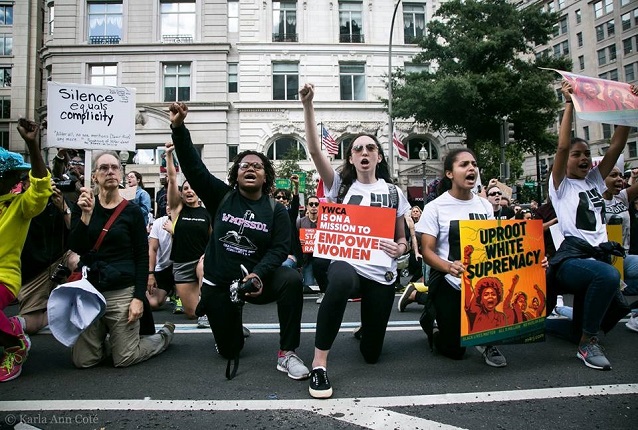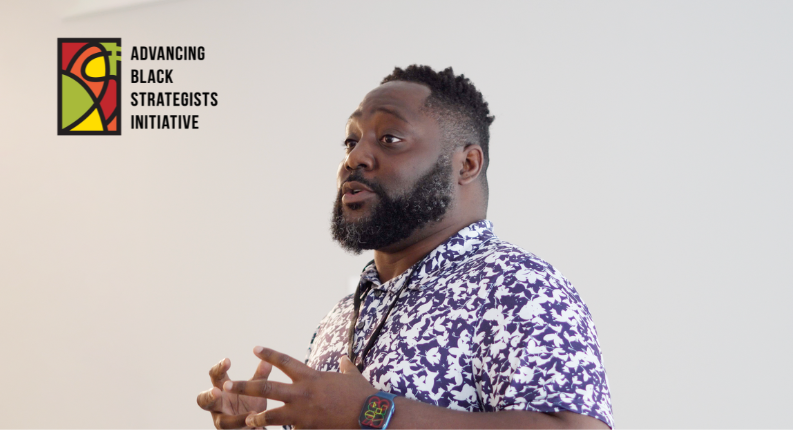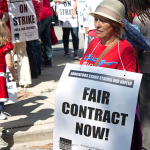This past week the March for Racial Justice and the March for Black Women mobilized local communities to Washington, D.C. on September 30. Attendees joined together to call out white supremacy, speak against police brutality against Blacks, and bridge the gap of the collective Black experience.
Organizers timed the march in remembrance of the Elaine Massacre. On September 30, 1919, white mobs killed more than 100 Black sharecroppers in Elaine, Arkansas, making it one of the deadliest race riots in American history.
After attending a meeting of the Progressive Farmers and Household Union, the sharecroppers wanted to join in union. They hoped to come together peacefully to demand higher wages and better working conditions. Instead, white landowners and mobs attacked them, committing to violence to uphold white supremacy.
The Elaine Massacre and other race riots occurred during the Red Summer of 1919 when Black World War I veterans returned home and were denied access to jobs, housing, and benefits because of their race. The American labor movement rose out of a need to fight the unjust and inhumane treatment of Black people, who demanded basic human rights.
Since that time, African Americans in union achieved better standards of living, health care, and retirement than those who lack union representation. Unfortunately, wages and job opportunities for African-Americans remain woefully behind that of whites. Broadly, the unemployment rate for Blacks is consistently twice as high as it is for whites. In July 2017, the unemployment rate was 7.4 percent for Blacks, but just 3.8 percent for whites. Even getting a college education does not eliminate the disparity. People of color cannot overcome persistent wealth and wage gaps when structural racism persists throughout U.S. society.
And despite the gains that working people in union create, too many corporations still put up a fight against their Black employees for daring to come together for a better life. This summer Nissan launched a virulent, racially-charged, anti-union attack on its mostly Black workforce in Mississippi who wanted the freedom to earn a fair return on their work.
Mass resistance efforts like the March are important down payments in building a more equitable America. We should continue to honor the slain sharecroppers of Elaine and so many other courageous Black men and women by speaking up for racial justice, resisting white supremacy, and creating a fair and just future for communities of color.





